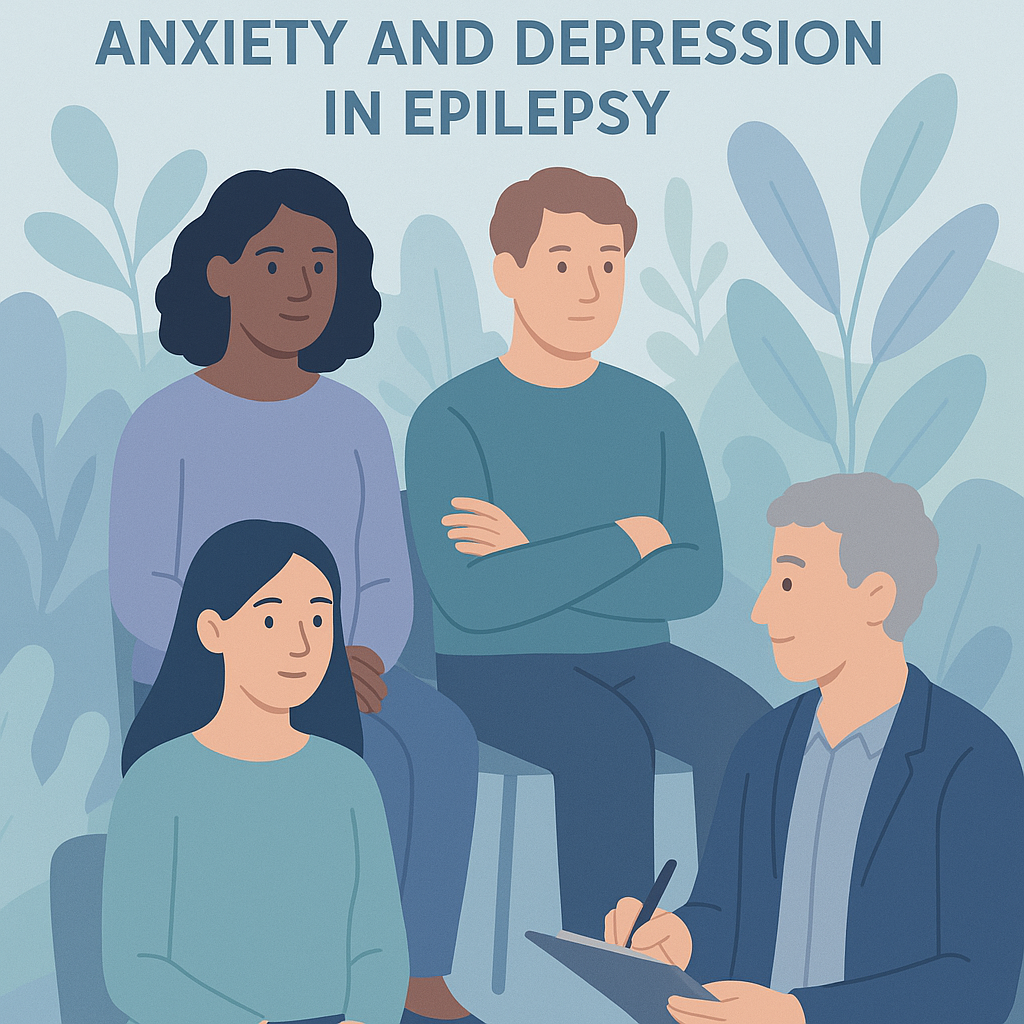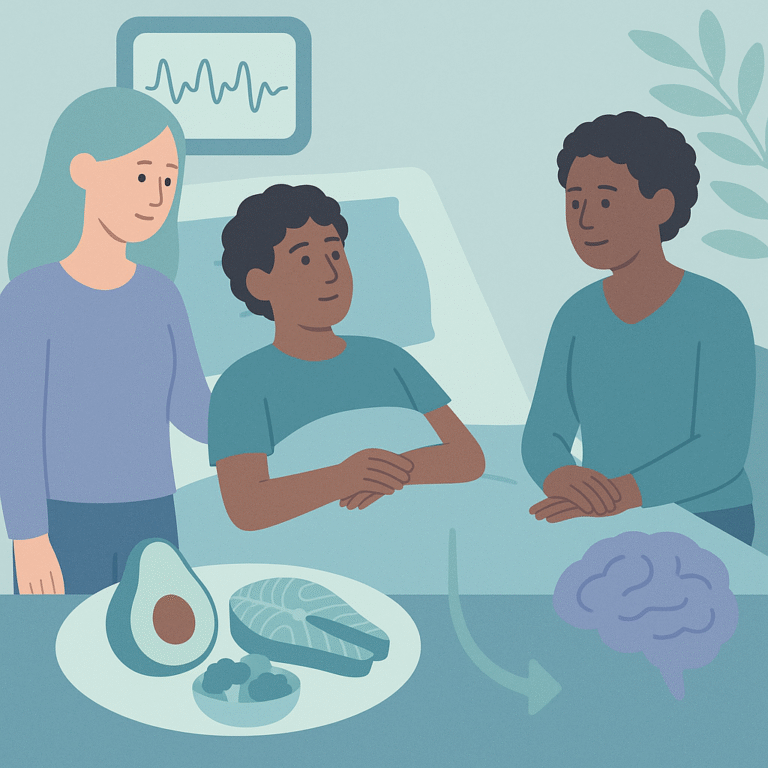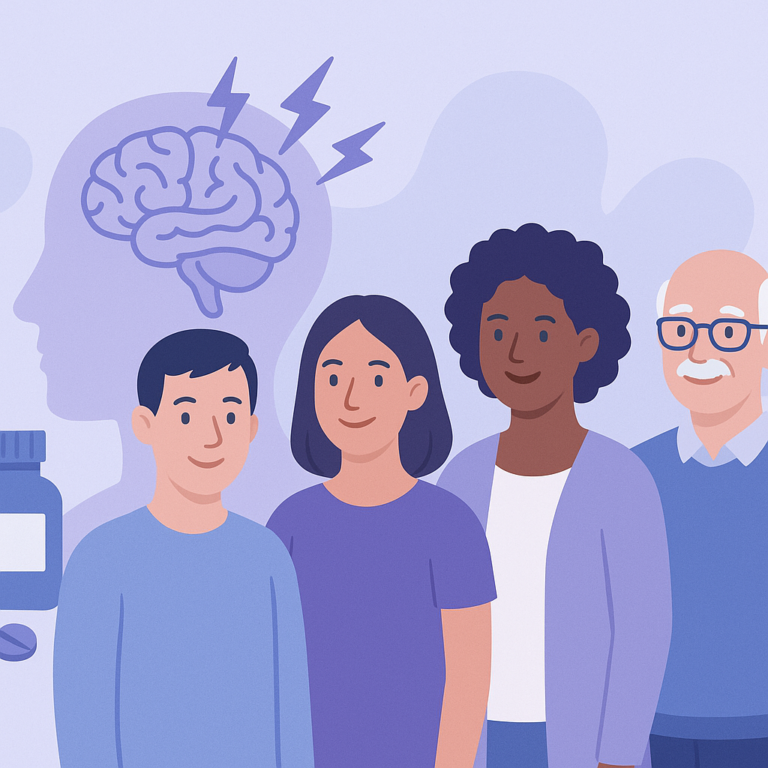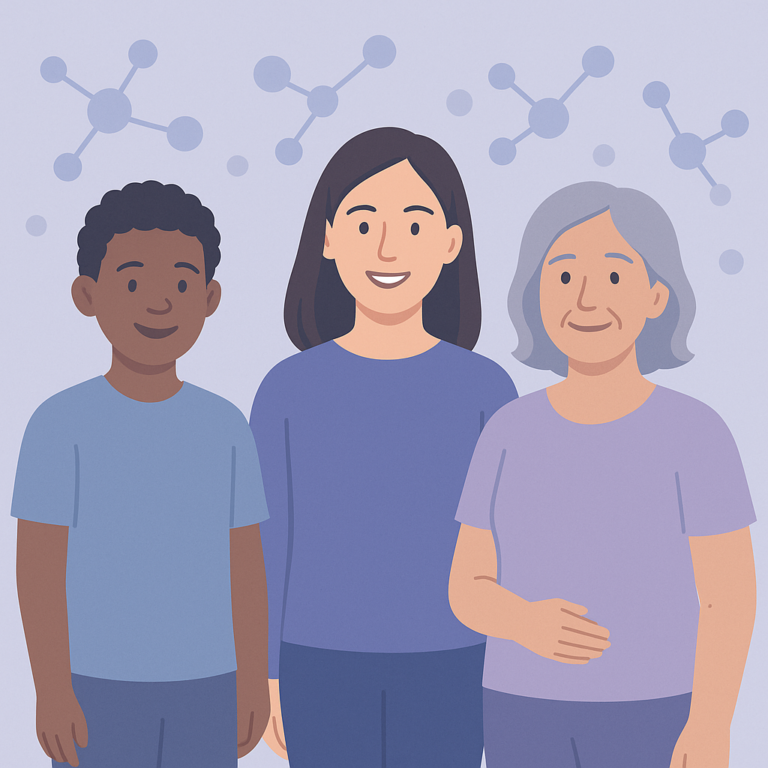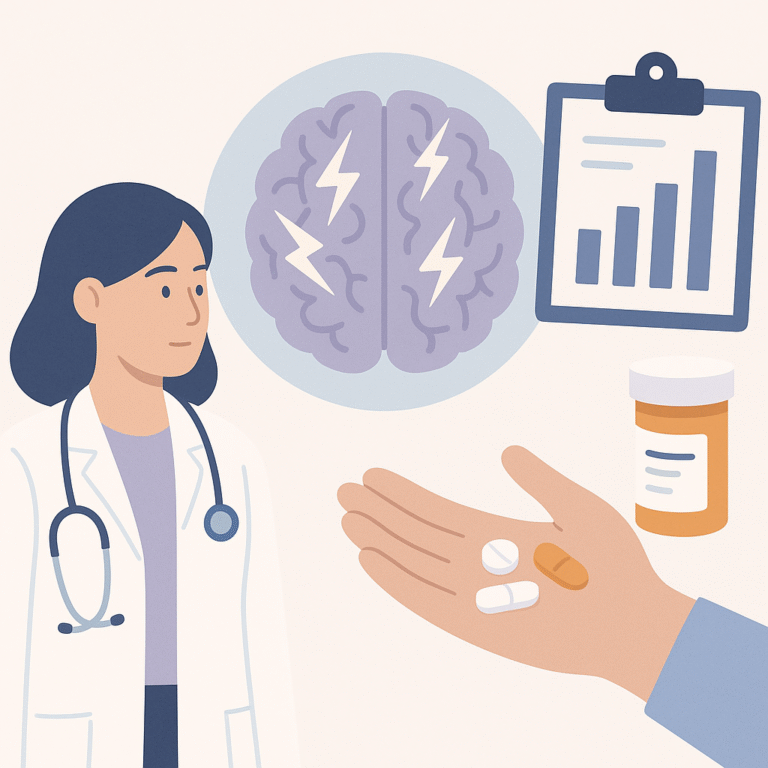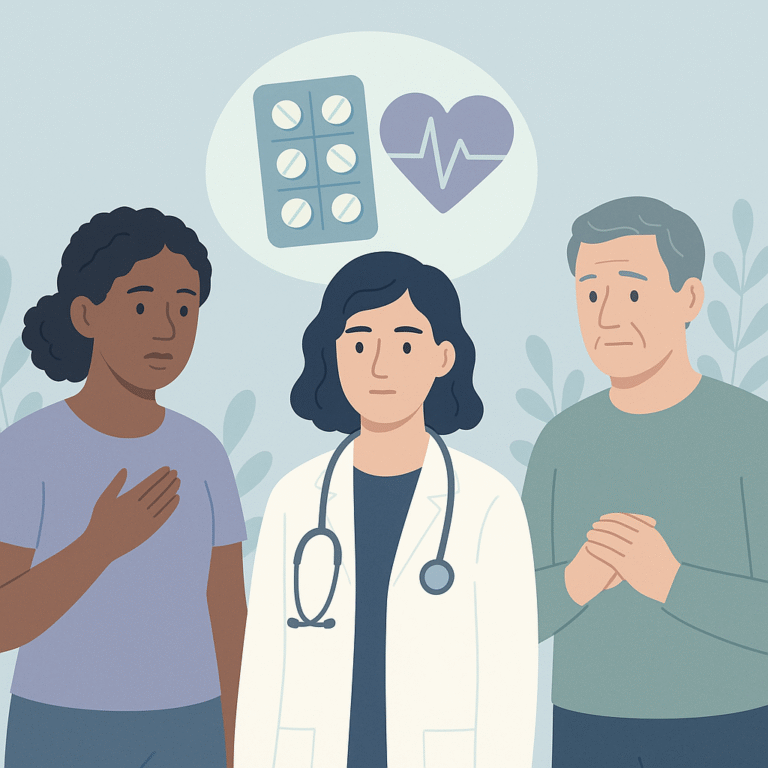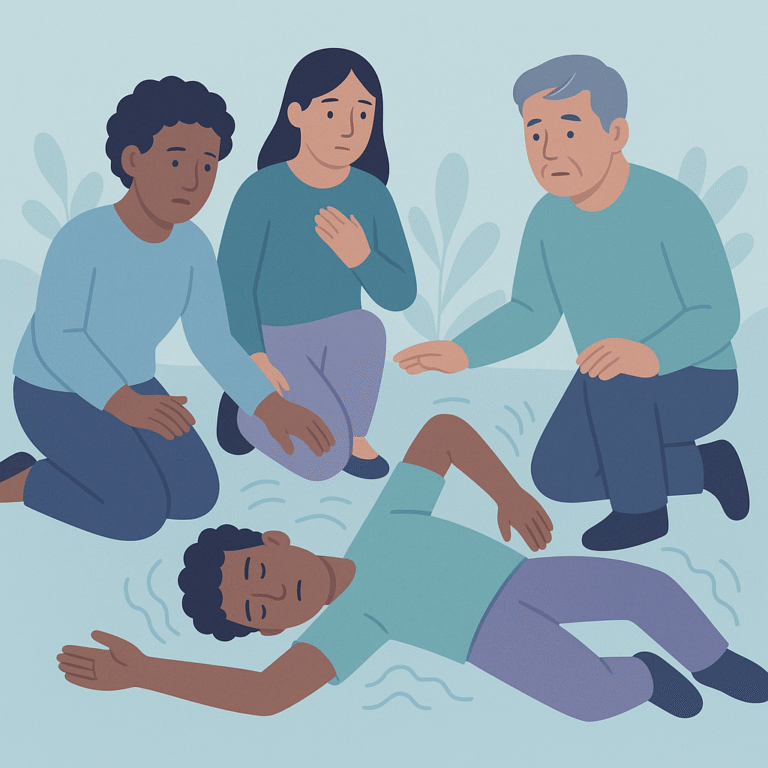Effective Therapies for Anxiety and Depression in Epilepsy
Summary
Researchers conducted a systematic review and network meta-analysis to compare the effectiveness of various non-drug treatments for anxiety, depression, and quality of life in people with epilepsy. They included data from 58 randomized controlled trials involving over 6,500 participants from 20 different countries. The studies examined interventions like cognitive-behavioral therapy (CBT), psychotherapy, and enhanced education therapy, comparing them against control groups receiving standard care or other non-drug treatments.
The main findings showed that enhanced education therapy and psychotherapy were particularly effective in reducing anxiety symptoms. Psychotherapy also helped alleviate depressive symptoms. For improving quality of life, cognitive-behavioral therapy, mind-body therapies, and enhanced care were found to be significantly better than control conditions. Rankings indicated that enhanced education therapy, psychotherapy, and enhanced care were the most effective interventions for anxiety, depression, and quality of life, respectively.
These findings are important because they highlight the potential benefits of non-drug treatments for mental health in people with epilepsy, suggesting that these approaches should be included in routine care. However, it is essential to note that the studies reviewed were observational and varied in quality, which means the results should be interpreted with caution. More research is needed to confirm these findings and understand how best to implement these interventions in clinical practice.
Related reading
- Understanding Insular Epilepsy and Its Seizure Signs
- Oral Health Challenges for People with Epilepsy
- Managing First Seizures in Pediatric Emergency Care
- Diazepam Nasal Spray Safe for Young Kids with Epilepsy
- Brain Stimulation Improves Life for Kids with Epilepsy
Free: Seizure First Aid Quick Guide (PDF)
Plus one plain-language weekly digest of new epilepsy research.
Unsubscribe anytime. No medical advice.